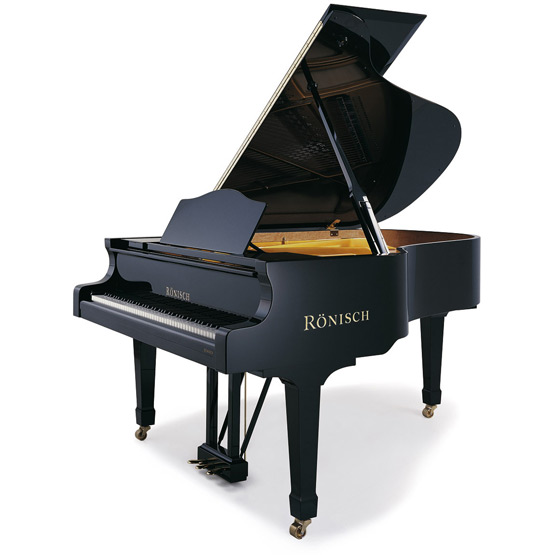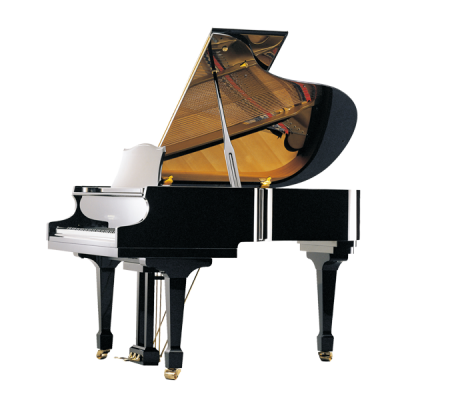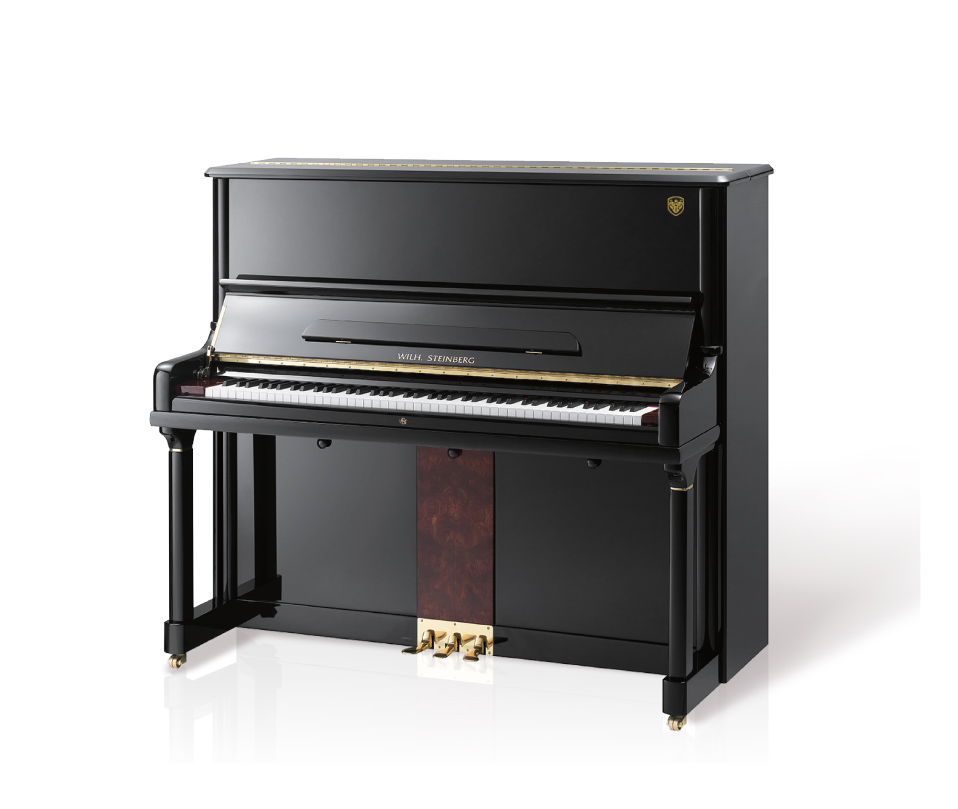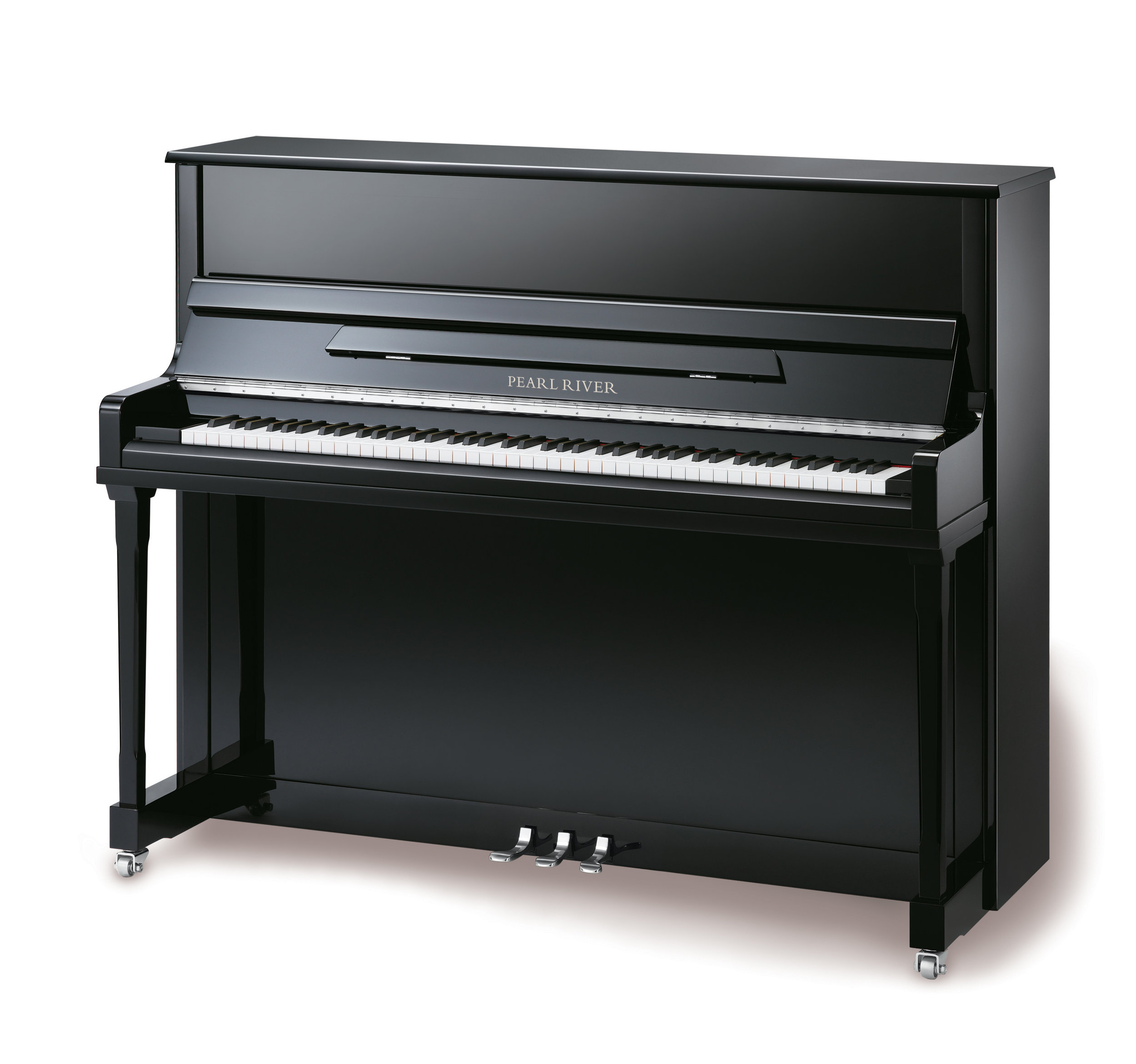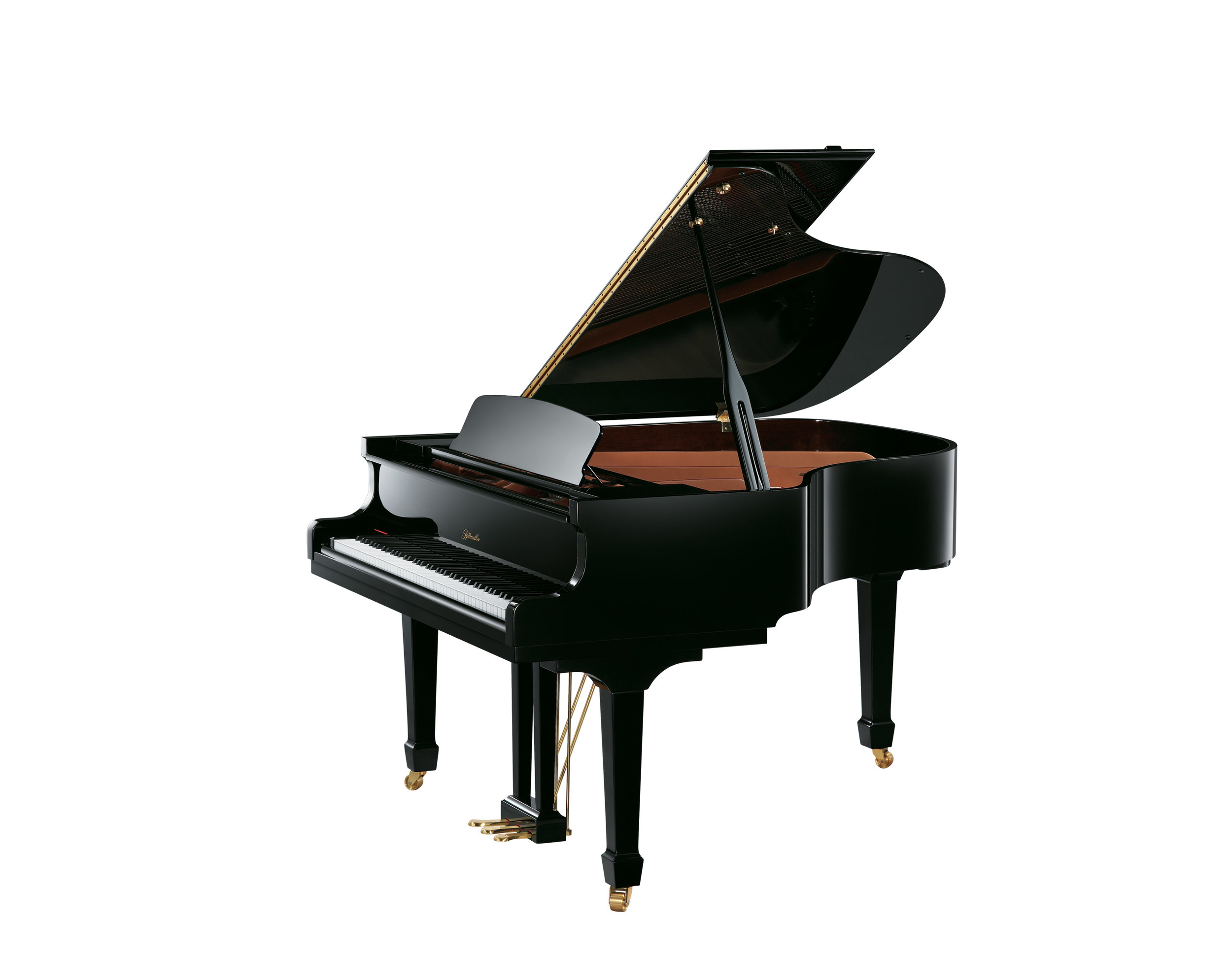Piano Buyer’s Guide
(It’s easier than you thought)
There’s a point where every piano comes to the end of its useful life. Please don’t buy one after that point!
Photo credit: Adrian Swancar
But,
Music retailers commonly use ‘scare-tactics’ with their customers. They’re hoping that the complexity of piano design and the confusing global manufacturing processes that have developed over the last decade will make customers feel that without the help of their sales staff they would be completely lost. Despite this,
we believe that buying a piano does not need to be complicated.
There are several things to consider to ensure you get the perfect piano for your needs, but there’s no need to fall into the trap of information overwhelm.
A quick link to outside help:
Before offering my opinion, I’d like to refer you to one of the most respected (and fiercely independent!) resources in this industry: Larry Fine’s Piano Buyer’s Guide
Our thoughts:
To keep things simple, I believe that there are three things you should keep in mind to ensure you select an instrument that will last for generations to come:
Firstly
You must like what you hear! No matter what you’re told about design, no matter what piano you’re looking at, and regardless of whether it’s 10x the price or slightly cheaper than the other options, you absolutely must hear the piano and the right piano is the one that sounds the best to you. After all, it won’t be your teacher/friends/online reviewers that need to listen to that piano for the next few years. Trust your ears.
WILH. STEINBERG
Made in Germany since 1877
Secondly
How does the keyboard feel? Is the piano ‘light’ or ‘heavy’ to play? Does it feel responsive? Can you play powerfully/quietly/quickly/thoughtfully? Do the keys feel consistent and ‘balanced’ across the entire keyboard?
Most importantly: Do you feel in control of your music or are you struggling to create the sound that you want?
There’s no right-or-wrong key-weight, however a well-designed high-quality piano action and well-regulated instrument should feel responsive, fast, and powerful. Your preference might be different to the next person’s but if it’s none of those things to you, or feels sluggish and inconsistent - then it’s time to try another piano. We also believe that plastic components have no place in a piano but please try a few different pianos and make that judgement for yourself.
There are only a few thousand moving parts… what could possibly go wrong?
Photo credit: Markus Gjengaar
Finally
Where a piano is made is important. Some shops might focus on talking about technical details of design and shy away from where a piano is made, others might proudly declare that a piano is “made in Japan/Europe” or “80% hand-made” but know very little else about why you should buy it.
Piano design is very important, however with thousands of moving parts and more than 20-tonnes of string tension what matters is that the piano was put together by highly-qualified and internationally-respected piano technicians.
Photos of RÖNISCH factory and technicians
Once-upon-a-time the best piano technicians were only found in Europe, then in the 70s and 80s Japanese manufacturing caught up. Now there are a select few producers in China competing for quality on the global stage, whereas only 20 years ago it was a different story. You should always ask where a piano is from - and watch out for anyone dancing around this question (assuring you that the piano features premium Röslau strings or special woods or a unique frame design etc.). A piano is more than the sum of its parts - it is who put those parts together that matters at least as much as the quality of the components.
here are some questions to ask yourself:
What do you know about the brand’s mission? Is this an old name being used to sell cheap pianos from young factories with inexperienced technicians? For older European brands, to what extent has the company succeeded in passing on their unique knowledge and level of craftsmanship to the next generation? Is this brand reviewed extensively online or used in musical institutions overseas? Was this piano built simply to fill a price-point or instead was the focus on achieving a particular quality-level?
For more information about our pianos and the manufacturers we choose to work with, you can visit our brands page here.











